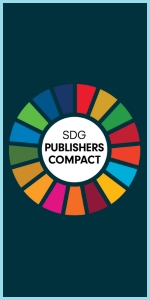SH23036The impact of social connections and discrimination to HIV risk among Asian gay and bisexual men in Australia
 , Limin Mao
, Limin Mao  , Benjamin R. Bavinton
, Benjamin R. Bavinton  , Martin Holt
, Martin Holt  , Sujith Kumar Prankumar
, Sujith Kumar Prankumar  , Kevin Dong, Timothy Wark, Timothy Chen, Hendri Yulius Wijaya
, Kevin Dong, Timothy Wark, Timothy Chen, Hendri Yulius Wijaya  and Horas T. H. Wong
and Horas T. H. Wong 
Asian gay, bisexual, and other men who have sex with men are a priority population for HIV prevention in Australia. Using data from the Gay Asian Men’s Survey, we explored their relationship between social engagement with LGBTQ+ people, experiences of discrimination, and condomless sex without pre-exposure prophylaxis or viral suppression. A substantial proportion engaged in high-risk sexual activity and was more common among those who experienced homophobia, suggesting a need to develop targeted interventions to reduce homphobia in community and clinical settings. More work is needed to utilise social networks of gay, bisexual, and other men who have sex with men in HIV prevention.
SH23036 Abstract | SH23036 Full Text | SH23036PDF (920 KB) Open Access Article




